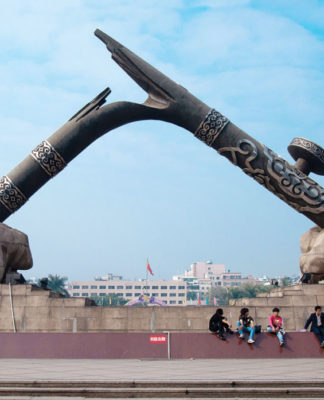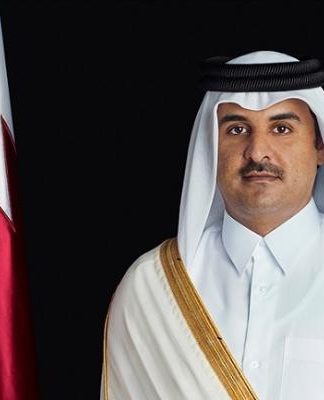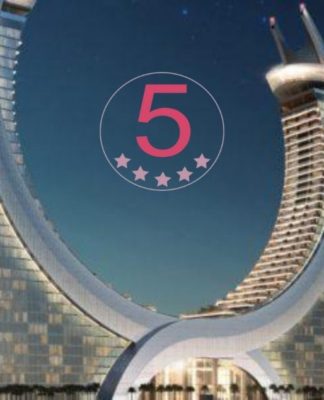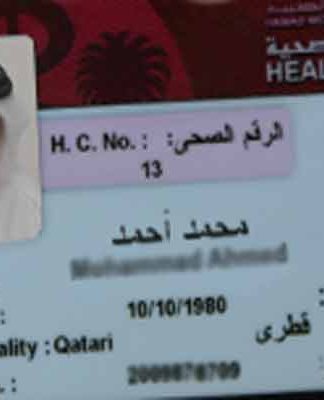The Berlin attacker Anis Amri urged his nephew to swear allegiance to Islamic State and sent him money to travel to Europe, Tunisian authorities have said after arresting the teenager along with two other men suspected of terrorist links.
It was not clear whether Tunisian authorities believe the three men, aged between 18 and 27, played a direct role in the Berlin attack or were linked to other terror plans.
Meanwhile, Spanish security services are investigating possible links between Amri and someone in Spain, as intelligence services across Europe question how one of the continent’s most wanted men was able to travel undetected across three countries.
Amri fled through Germany and France before he was shot dead by Italian police outside a railway station in Milan in the early hours of Friday morning. He had been stopped by chance for a routine check, and pulled out his pistol. Police only discovered his identity after his death.
A manhunt had been under way since Amri killed 12 people and injured more than 50 when he ploughed a stolen truck into a crowded Christmas market in Berlin.
Isis had claimed responsibility for the attack and on Friday the group’s Amaq news agency posted a video of Amri pledging allegiance to its leader, Abu Bakr al-Baghdadi, and calling for supporters to take revenge against “crusaders” bombing Muslims.
It is not clear whether Isis had any role in directing the attack or simply inspired a radicalised petty criminal to greater violence.
The Tunisian interior ministry said Amri had told his nephew, named by the Associated Press as 18-year-old Fedi, that he was the emir, or leader, of a jihadi group in Europe called the Abu al-Walaa brigade.
He sent over cash using a false name, and to limit surveillance he kept conversations to the Telegram messaging app, which is popular with Isis and its supporters. The nephew used it to send his uncle a video of his pledge of allegiance to Isis, the AP reported.
Fedi was picked up in the central Tunisian town of Oueslatia, in one of the country’s poorest regions, where Amri was also born and first drifted into trouble with the police. The other two men were arrested in the capital, Tunis.
Italy has stepped up security for the Christmas weekend and authorities are urgently trying to determine whether Amri had accomplices in the country that was his first home in Europe.
He landed in the country in 2011 on the island of Lampedusa and then spent four years in jail for trying to set a school in Sicily on fire. After he was freed, bureaucratic problems blocked his deportation and he moved to Germany.
Authorities there had no idea he had a criminal record in Italy, but he aroused enough suspicion for them to put him under covert surveillance for six months this year, ending the operation in September.
Amri used at least six different names and three different nationalities in travels around Europe, Tunisian officials told the Associated Press.
Investigators are looking into why Amri returned to Italy as he sought to elude police and whether he had any jihadi contacts there.
Spain said it was urgently looking into links with a resident who was in contact with him online this month, after getting a tipoff from German investigators. “[This] has led us to study all the possible links with our country, and with one person in particular,” the interior minister, Juan Ignacio Zoido, said in an interview with the COPE radio station.
The person had not previously been on the radar of authorities monitoring extremism or previously linked to terrorist activities, the report said.
The German chancellor, Angela Merkel, has promised a comprehensive analysis of how a man known for crime and extremism could have slipped through the police net.
But the interior minister, Thomas de Maizière, denied that security services could have kept better tabs on Amri. It was “impossible to monitor every person suspected of posing a threat around the clock,” De Maizière told the newspaper Bild am Sonntag.






























